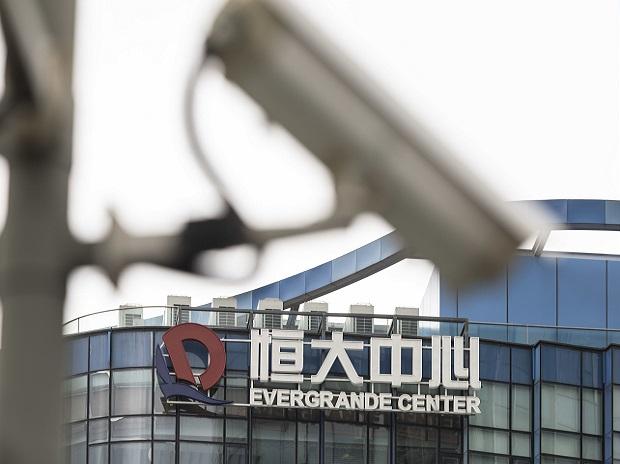Two-thirds of India’s adult population has received the first dose of the Covid vaccine and nearly one-fourth, or 23 per cent, is now fully vaccinated. Also, according to the health ministry, private hospitals accounted for only six per cent of the Covid vaccines given in the country since May this year.
States and union territories that have covered their entire eligible population with at least one dose of the Covid vaccine include Himachal Pradesh, Goa, Lakshadweep, Andaman & Nicobar Islands, Chandigarh and Sikkim.
Earlier, the government had revised its national vaccine guidelines from June 21, allowing private hospitals to procure 25 per cent of the monthly vaccines produced. With free-of-cost vaccination at government centres, private hospitals had said demand for paid vaccination had plunged. Also, there are more than 62,900 government vaccination sites in the country and just a little over 3,200 private centres, according to the CoWin dashboard.
The health ministry recently clarified that there is no vaccine quota earmarked for private hospitals and the 25 per cent allocation is an indicative quantity that would be made available to them. What the private sector is unable to utilize from this allocation is being procured by the government.
ALSO READ: Covid-19 vaccine: AstraZeneca to develop Imperial’s new RNA technology
While the number of daily cases is coming down, Health Secretary Rajesh Bhushan said the decline is not as fast as desirable. Thirty-three districts in India are reporting more than 10 per cent weekly positivity; 13 of these are in Kerala alone. Till September 22, India has so far seen its highest monthly average of daily vaccination at over 8.1 million doses.
Concerned that people might drop their guard and compromise on Covid-appropriate behavior during the festival season, the health ministry has issued standard operating procedures to states, directing them to avoid all mass gathering in containment zones and in districts that have more than 5 per cent case positivity. Even if the positivity rate is below 5 per cent, gatherings will be allowed only after permission and with limited people.
On the issue of indemnity to Moderna and Pfizer vaccines, VK Paul, member-health Niti Aayog, said the government was looking at all approaches to ensure optimum supply of vaccines. “Discussions with foreign manufacturers and facilitation for the regulatory process has been our policy,” he said.
Dear Reader,
Business Standard has always strived hard to provide up-to-date information and commentary on developments that are of interest to you and have wider political and economic implications for the country and the world. Your encouragement and constant feedback on how to improve our offering have only made our resolve and commitment to these ideals stronger. Even during these difficult times arising out of Covid-19, we continue to remain committed to keeping you informed and updated with credible news, authoritative views and incisive commentary on topical issues of relevance.
We, however, have a request.
As we battle the economic impact of the pandemic, we need your support even more, so that we can continue to offer you more quality content. Our subscription model has seen an encouraging response from many of you, who have subscribed to our online content. More subscription to our online content can only help us achieve the goals of offering you even better and more relevant content. We believe in free, fair and credible journalism. Your support through more subscriptions can help us practice the journalism to which we are committed.
Support quality journalism and subscribe to Business Standard.
Digital Editor
Source link




